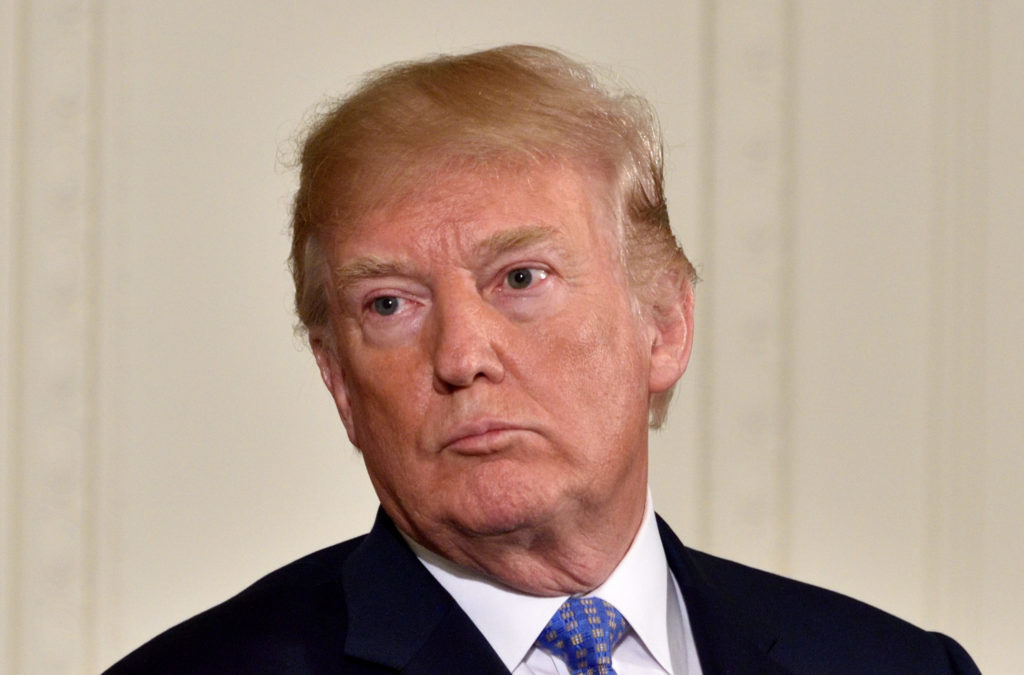This is going to cost Donald Trump some votes

On Friday, we saw Donald Trump rant incoherently on Twitter about a whole host of trivial nonsense. I don’t really condone reading his Twitter feed because it’s generally his best opportunity to feed lies to the masses with no filter – and these lies have an unhealthy influence on the media as well. It’s a particularly difficult time as the primary is in full swing and rumors about the candidates, true or untrue, tend to spread like wildfire. Trump is already taking shots at a few of them via Twitter in hopes of covering up his own shortcomings, but there was something tweeted amidst all the noise that seemed out of place.
“IF OUR FORMALLY TARGETED FARMERS NEED ADDITIONAL AID UNTIL SUCH TIME AS THE TRADE DEALS WITH CHINA, MEXICO, CANADA AND OTHERS FULLY KICK IN,” the tweet read, “THAT AID WILL BE PROVIDED BY THE FEDERAL GOVERNMENT, PAID FOR OUT OF THE MASSIVE TARIFF MONEY COMING INTO THE USA!”
This is pretty obviously a tweet that Trump didn’t actually write – it’s someone pretending to be him, echoing yet another one of his lies – one that was debunked back in August. American consumers and companies are paying for nearly all of the tariffs, so it’s impossible for there to be massive money coming in from them. What’s more unsettling is why anyone in the Trump White House would need to mention this at all. The bailout his administration is giving farms has been extremely expensive and just as inefficient in helping farmers make up for the losses they’ve sustained due to Trump’s pointless trade war.
A February report from the Department of Agriculture suggests that even though China and the US have managed to negotiate some kind of trade deal, it could take awhile before farmers see any benefit. One possible reason is because China is beholden to separate trade agreements. Whoever wrote the tweet seems to be preparing for bad news – something concerning the trade deal that they fear could cost Trump some crucial support.
James Sullivan is the assistant editor of Brain World Magazine and an advocate of science-based policy making
